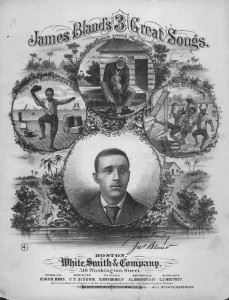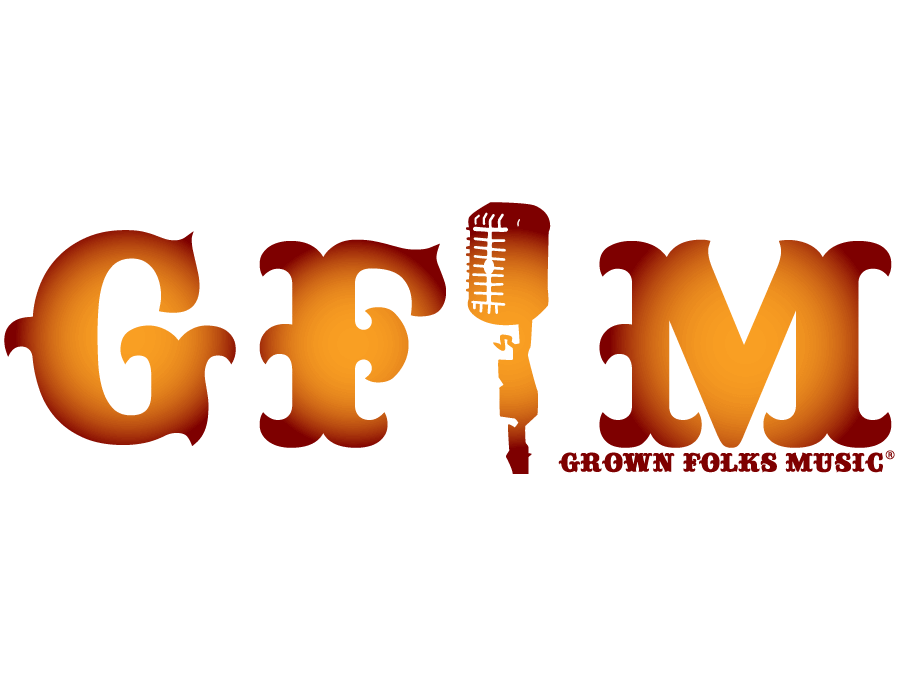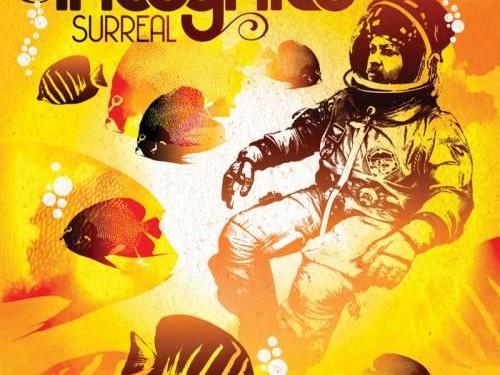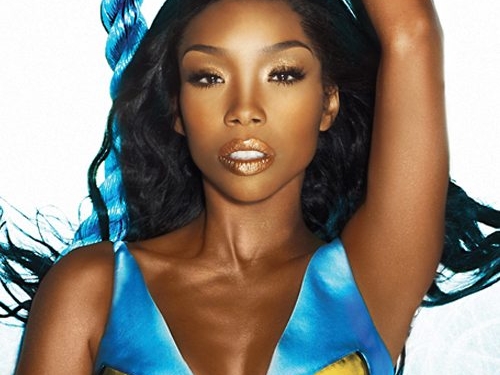So, on this first day of Black History(and Love Man Month… I had to throw that in there) I wanted to take a little time and raise more questions than I probably will answer, but I think that this is as good a time and definitely a great place to have this conversation.
This call for context is what has my soul somewhat conflicted about Black History Month. Is it important? Absolutely, but often what we do is to condense everything down into very repeatable bullet points, when the history and culture of a people is far too complex to be dealt with in such a manner. Another reason that I am making this call for context is because it far too often seems like some of these events that transpired in history are dealt with in a manner as if they happened outside of history or in a vacuum. Many of the innovations that occurred in Black Music occurred because these artists lived in a segregated society. Well, it wasn’t just Black Society that was segregated, it was the entire society.
Another challenge that we suffer from is that we seem to only be able to conceptualize the popularity of Black Music as it stands now. What should be understood, (and again this is only something that happens through putting events into their proper historical context) is that Black Music and Black Musicians have had national and international appeal and acclaim since the early to mid 19th century or before. That’s not a couple of decades, that’s a very, very longtime. Not only that but the phenomenon of White artists “covering” Black Music didn’t begin in the 1950’s with Elvis and Pat Boone, probably the most notable appropriator of “Ethiopian” melodies was Stephen Foster which was in the 1850’s.
Now, I don’t think that you will find an elementary school in this country that does not sing a song by Stephen Foster on a given day, but do you think that any of them will make the connection to where the inspiration for his writing came from? This is one of the problems that I have, as music moves along in time the root often gets forgotten about or somehow lost in translation. How do you go from in one century where a person of white descent would not be caught dead playing that African Instrument( a banjo) to it being mostly identified as an instrument that has no relation to Africa at all. In other words when was the last time you saw a brother with a banjo? Why is that?
This might be the perfect place for me to have a little confessional, it is directly related to the picture of the sheet music at the top of this post. I have lived in Virginia my entire life, went to its public schools and universities, participated in its music programs etc., Yet, until I was in my mid-twenties I had no idea that 1.) James Bland was black and that 2.) He was a composer on par with the aforementioned Stephen Foster. Did I know the name? How could I not? James Bland was the composer of “Carry Me Back To Old Virginny” which served as the controversial state song of Virginia from 1940-1997. He is also the namesake of the “Bland Competition” that the Lions Club of Virginia puts on every year that awards music scholarships to talented youth. To put James Bland into proper historical context he was as large or larger than any composer of note that you could think of today only he was doing it in the 1880’s and you know doing things like giving command performances for Queen Victoria and like being able to sing without blackface, little things like that. So I think you could draw the conclusion that having the knowledge that James Bland was Black might make a big impression on someone looking for validation in a world where historically there are not many black composers studied.
The reason that I make this plea for context is because it just seems that we are often going back to the drawing board to extol the virtues of one contemporary musical genre or the other without realizing that they are just part of a lineage and a phenomenon of popularity of music of African descent that have been cultivated on these shores. We have to become better cultivators and curators of the culture. Yes, Black History Month is a step in the right direction, but the method of connecting the dots and providing proper historical context is just how music should be taught everyday, period. The problem that we face is there are a lot of folks who just don’t know and when you don’t know you often make assumptions like how could it be possible for a Black Musician to receive such widespread acclaim in an era where society operated under state authorized oppression? Well it happened and James Bland is but one example of a musician who defied those odds but who tragically died broke and in obscurity. Now where have I heard that story before… oh right, those who fail to learn from the lessons of history are doomed to repeat them.
Ivan Orr is a multi-instrumentalist, composer, performer, and writer. A native of Charlottesville, Virginia Ivan was involved with the forming and nascent days of The Music Resource Center as its first Program Director. A graduate of Virginia Commonwealth University’s Department of Music, Ivan currently resides in Richmond, VA where he maintains an active performance and production schedule while serving as the Music Editor for Grown Folks Music, a position he has held since 2010.
RELATED POSTS
April 18, 2017





Thank you so much sir! That would be great, the combination of music and history truly is my passion, we need more curators who are educators like yourself!
Well done my friend. May have to develop a lesson around this some how for the 2010/2011 school year.